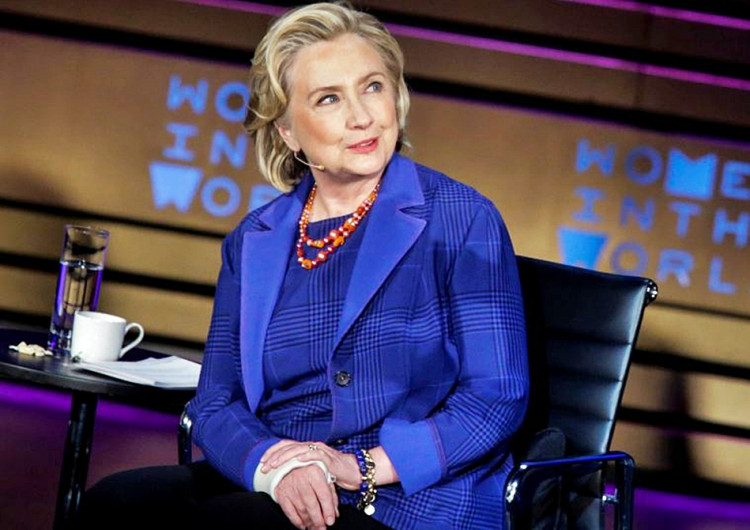Hillary Clinton has issued a sharp critique of Tucker Carlson's recent interview with Russian President Vladimir Putin, labeling the former Fox News host a "useful idiot" for the Russian leader. During an interview with MSNBC's Alex Wagner, Clinton expressed her dismay at Carlson's actions, suggesting that his conduct serves Putin's interests, particularly amid the ongoing conflict in Ukraine.
Clinton's condemnation stems from Carlson's venture to Moscow for the high-profile interview, marking him as the first American figure with a media background to engage Putin since the onset of the Ukraine conflict. This move has sparked a wave of criticism, with Clinton leading the charge. "It shows me what I think we've all known. He's what is called a 'useful idiot,'" Clinton remarked.
She further accused Carlson of being a vehicle for Putin's misinformation, particularly concerning the situation in Ukraine, where the Russian president has been widely condemned for his aggressive military actions.
The former Secretary of State did not mince words in her assessment of Carlson, who was ousted from Fox News earlier in 2023. "He says things that are not true. He parrots Vladimir Putin's pack of lies about Ukraine. So, I don't see why Putin wouldn't give him an interview because, through him, he can continue to lie about what his objectives are in Ukraine, and what he expects to see happen," Clinton stated.
Hillary Clinton nails it again, calls Tucker Carlson a “useful idiot”. (Video: MSNBC) pic.twitter.com/Tl9iulMAdW — Mike Sington (@MikeSington) February 8, 2024
Clinton's critique extended beyond Carlson, touching on a broader concern about a segment of the American populace seemingly enamored with authoritarian leadership styles. "There is a yearning for leaders who can kill and imprison their opponents, destroy the press, lead a life that is one of impunity and bound by any laws," she said, highlighting the gravity of such inclinations in a democratic society.
Carlson, for his part, defended his decision to interview Putin, framing it as a journalistic endeavor aimed at providing a balanced perspective on the Ukraine conflict. "There are risks to conducting an interview like this, obviously, so we thought about it carefully over many months," Carlson explained, noting the extensive coverage of Ukrainian President Volodymyr Zelensky by American media as a contrast to the limited direct engagement with Putin.
The interview and the surrounding controversy have reignited debates over the role of media personalities in shaping public discourse on international affairs, particularly in contexts as volatile as the Russia-Ukraine war. Critics like Chris Cuomo have also weighed in, dismissing Carlson's justifications for the interview and accusing him of seeking attention rather than contributing meaningfully to the public's understanding of the conflict.
Clinton's remarks underscore the tensions between journalistic ambition and the ethical considerations of engaging with figures like Putin, whose leadership has been marked by suppression of dissent and aggressive territorial ambitions. As the fallout from Carlson's interview continues, the debate over the intersection of media, politics, and international relations grows increasingly complex.






